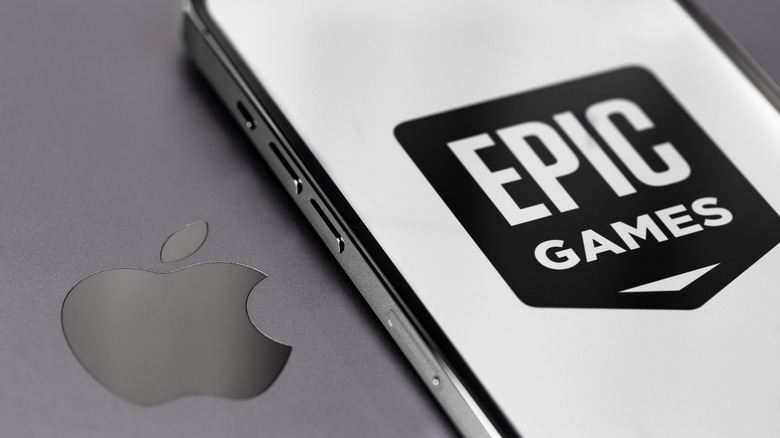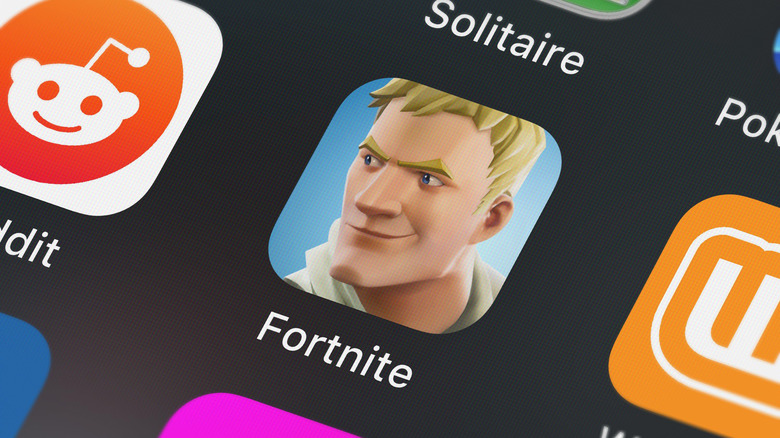Judge Says iOS Developers Can Promote Outside Payments But Won't Open Up Apple's App Store
A federal appeals court has upheld a 2021 ruling that protected Apple's right to maintain its App Store's security by requiring in-app purchases to be processed exclusively through its service. The original decision came down as part of a hotly contested 2020 legal battle between Apple and "Fortnite" developer Epic Games, the latter hoping to maximize profits for sales of in-game cosmetics and memberships by implementing an alternate payment method to effectively dodge the 30% fee Apple imposes on each transaction. Subsequently, "Fortnite" was exiled from both the Apple App Store and Google Play.
Epic's complaint accused Apple of engaging in antitrust practices by enforcing such a policy. While today's ruling delivered by the Ninth Circuit Court of Appeals clears Apple of antitrust concerns, it didn't come without a small win for developers. Apple must allow developers to advertise alternative payment options within its apps.
Though Apple has won the bigger war, the tech giant seems unwilling to accept the concession easily. "We respectfully disagree with the court's ruling on the one remaining claim under state law and are considering further review," spokesperson Marni Goldberg told The Verge. Epic is still ordered to pay Apple damages for violating its developer's licensing agreement. The court also originally stated the developer wouldn't be on the hook for paying Apple's legal fees. That decision has been reversed and remanded until further proceedings are resolved.
What's going to happen with Fortnite on iOS and Android?
Those caught in the middle of this spat — ordinary App Store and Google Play users — won't notice much change. Apps and games remain available for download, and you'll still go through their respective payments system to purchase content directly on their devices. The long-term implications aren't as cut-and-dry, but Epic will likely continue playing ball. According to data gathered by Business of Apps, of the $89 billion spent on mobile gaming in 2021, iOS games generated $52.3 billion versus Android's $37.3 billion.
Although Epic earns most of its "Fortnite" revenue on PC and console, mobile's latest contribution isn't small potatoes. According to a "Fortnite"-specific report by Business of Apps, the battle royale title earned $5.1 billion in 2020, with mobile platforms contributing $1.1 billion during the game's lifetime. Total revenue jumped to $5.8 billion in 2021.
Based on those numbers, it's safe to say Epic would still earn enough to support the resources required to maintain development on the platforms. Our best guess is "Fortnite" will return, even if Epic loses money on the move. (Even CEO Tim Sweeney hinted as much.) Platform ubiquity provides a major benefit for players. If they can log off from their PC and keep playing on the move, providing that experience for its wider customer base should be worth more to Epic than the 15% to 30% premium it eats. Anything extra is like a juicy cherry atop an enormous $1.1 billion banana split.

